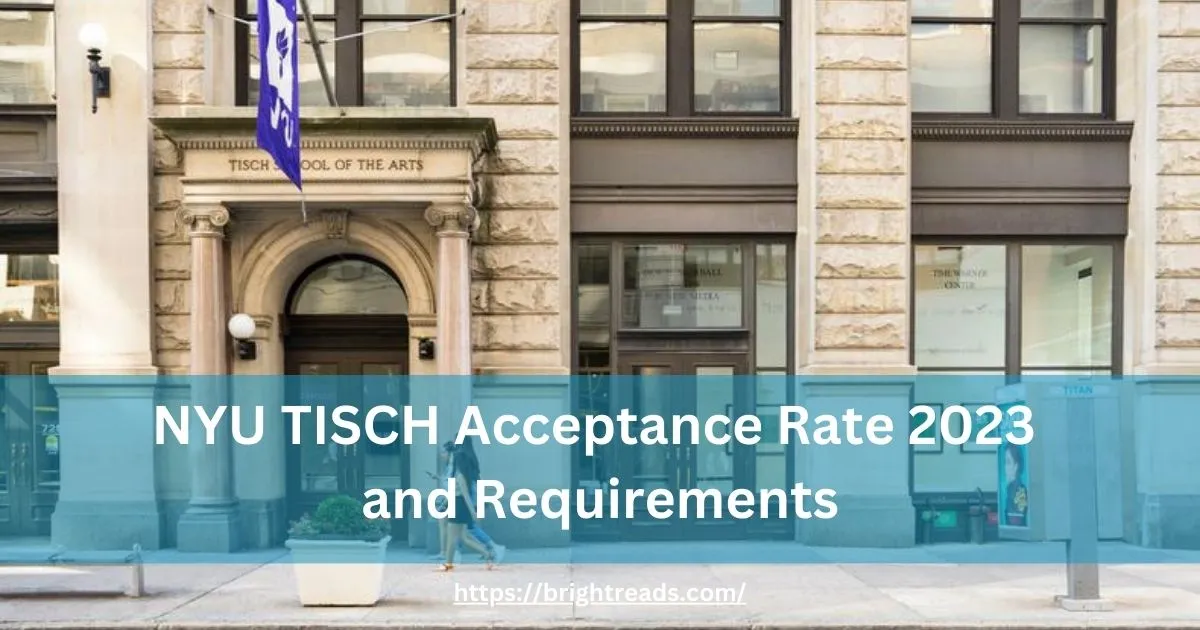Pharmacy technicians play a crucial role in the healthcare system, supporting pharmacists in dispensing medication, managing inventory, and assisting customers. The path to becoming a pharmacy technician is relatively straightforward and can lead to a rewarding career.
One of the most common questions aspiring pharmacy technicians have is about the duration of their training. Understanding the timeline for training helps in planning and setting realistic career goals.
The Basics of Pharmacy Technician Training
Pharmacy technician training programs vary in length depending on the type of program and the institution offering it. Generally, these programs range from a few months to two years. The most common options include certificate programs, diploma programs, and associate degree programs.
Certificate and diploma programs are often shorter, focusing on the essential skills needed for the job, while associate degree programs provide a more comprehensive education, including general education courses.
Certificate Programs
Certificate programs are the quickest route to becoming a pharmacy technician. These programs, such as the online pharmd program, typically last from four to twelve months and are offered by community colleges, vocational schools, and online institutions.
They are designed to provide students with the fundamental knowledge and skills required to work in a pharmacy. Courses cover topics such as pharmacology, pharmacy law and ethics, medication preparation, and customer service. Upon completion, graduates are often prepared to take certification exams, such as the Pharmacy Technician Certification Exam (PTCE).
Diploma Programs: A Balanced Approach
Diploma programs are similar to certificate programs but may take slightly longer, typically ranging from nine months to one year. These programs also focus on the core competencies needed for the role but may include additional coursework to provide a more rounded education.
Diploma programs are often offered by the same types of institutions that provide certificates. Graduates of diploma programs are also eligible to sit for certification exams and may have a slight edge in the job market due to the more extensive training.
Associate Degree Programs: In-Depth Training
Associate degree programs in pharmacy technology usually take about two years to complete and are offered by community colleges and some universities. These programs provide a comprehensive education, combining pharmacy-specific training with general education courses such as mathematics, communications, and social sciences.
This broader educational base can be beneficial for those who may wish to pursue further education or move into supervisory or specialized roles within the pharmacy field. Graduates of associate degree programs are well-prepared for certification exams and often find they have more opportunities for career advancement.
On-the-Job Training: Learning While Earning
In some cases, individuals may be able to become pharmacy technicians through on-the-job training. This route is often less structured and can vary significantly in duration. Some employers may offer formal training programs that last several months, while others may provide more informal, hands-on training that continues as long as necessary for the employee to become proficient.
While on-the-job training can be an effective way to learn, it may not provide the same level of preparation for certification exams as formal education programs.
Certification and Continuing Education
Regardless of the initial training path chosen, certification is a critical step for pharmacy technicians. Certification demonstrates a standard level of competency and can enhance job prospects and earning potential.
The PTCE, offered by the Pharmacy Technician Certification Board (PTCB), and the Exam for the Certification of Pharmacy Technicians (ExCPT), offered by the National Healthcareer Association (NHA), are the two main certification exams. Both require successful completion of an accredited training program or equivalent work experience.
In addition to initial certification, pharmacy technicians must engage in continuing education to maintain their certification. The PTCB, for example, requires certified pharmacy technicians to complete 20 hours of continuing education every two years. This ongoing education ensures that technicians stay current with the latest developments in pharmacy practice and regulations.
Factors Affecting Training Duration
Several factors can influence the duration of pharmacy technician training. These include the type of program, the mode of delivery (in-person or online), and the student’s prior education and experience.
Full-time students may complete programs more quickly than part-time students, and those with prior healthcare experience may be able to accelerate their training. Additionally, some programs offer accelerated options for highly motivated students.
The time it takes to become a pharmacy technician can vary widely, from as little as four months to as long as two years. Certificate programs offer a quick path to entry-level positions, while diploma and associate degree programs provide more extensive training and broader career opportunities.
On-the-job training is another option, though it may not offer the same level of preparation for certification. Regardless of the path chosen, certification and continuing education are essential for career advancement and staying current in the field. Understanding these timelines and options can help aspiring pharmacy technicians choose the best path to achieve their career goals.




